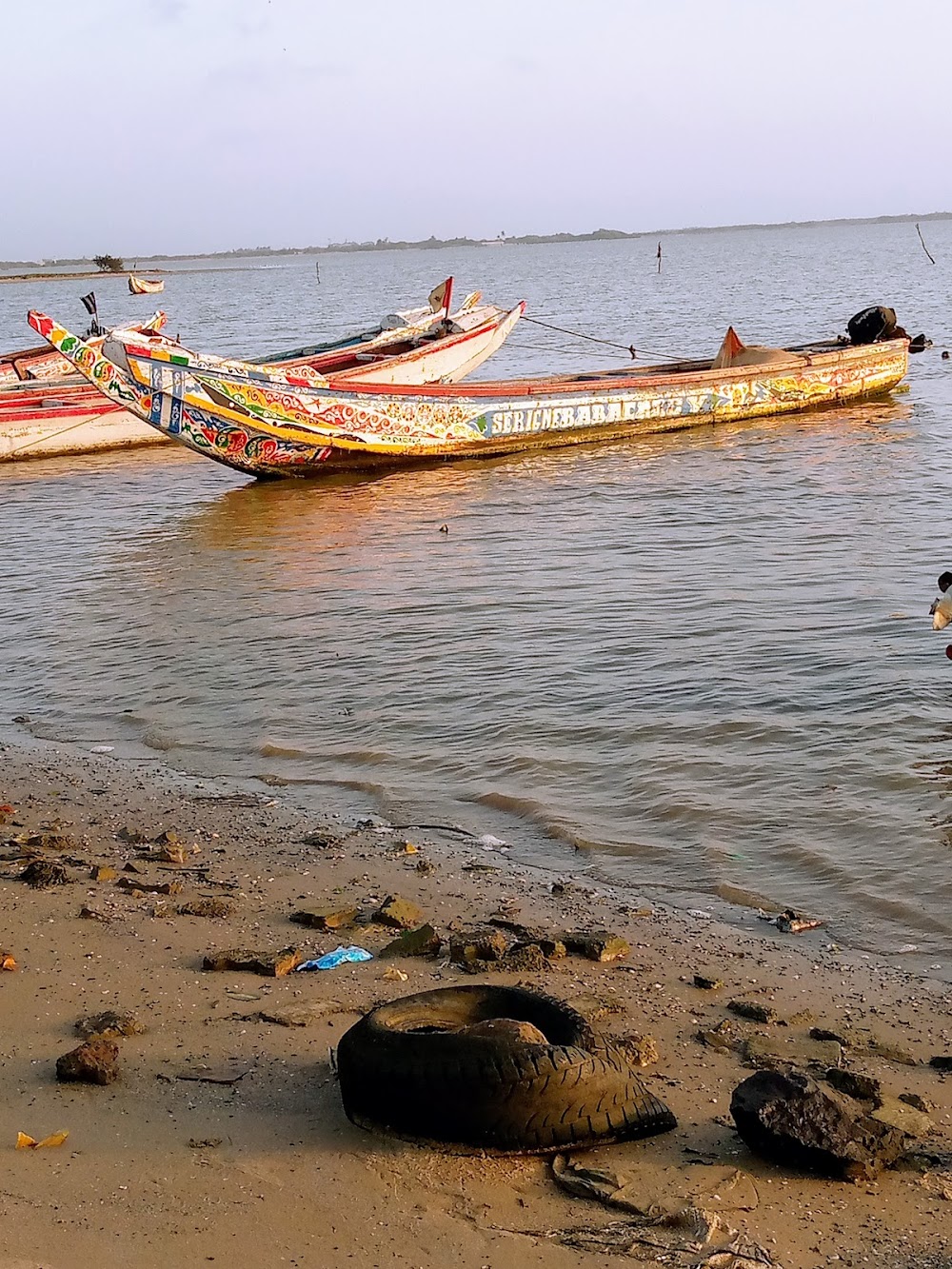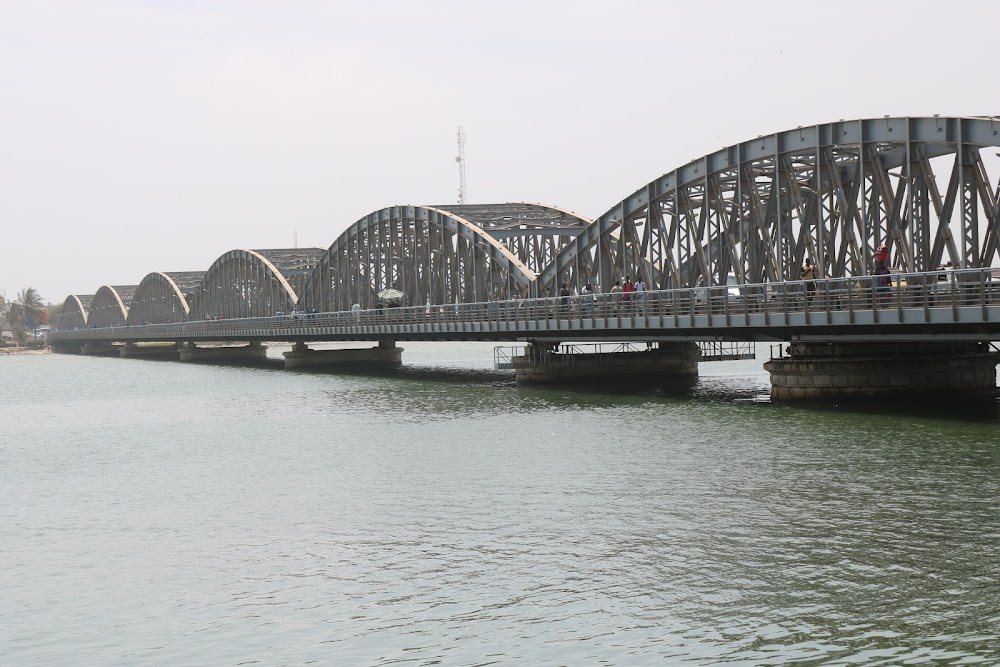Guet N'Dar (Guet N'Dar)
Overview
Guet N'Dar is a vibrant and historic fishing village nestled in the heart of Saint-Louis, Senegal. This charming locale is situated on a narrow strip of island flanked by the Sénégal River and the Atlantic Ocean, making it one of the oldest neighborhoods in the city. Guet N'Dar holds a significant place in the local fishing industry, with a legacy that spans centuries.
The village's roots trace back to the 17th century, coinciding with the establishment of Saint-Louis by French colonists in 1659. This historic city is recognized as one of the oldest colonial settlements on the African continent. Guet N'Dar quickly evolved into a bustling community, attracting fishermen, traders, and settlers drawn by its strategic waterfront location. The fishermen of Guet N'Dar, affectionately known as "Guewel," have honed their skills over generations, becoming essential contributors to the local economy.
The architecture and layout of Guet N'Dar reflect its rich cultural heritage, characterized by narrow streets lined with colorful houses built using traditional materials such as wood, clay, and laterite stone. These construction methods not only give the village its charming aesthetic but also help keep homes cool in the hot Senegalese climate. Many houses feature intricate wooden balconies and shutters, adding to the unique architectural charm of the area.
At the heart of Guet N'Dar's identity is its bustling fishing industry. The shores are lined with fishing pirogues—traditional wooden boats adorned with vibrant, elaborate designs. These boats are meticulously handcrafted by skilled artisans who employ techniques passed down through generations. The process involves selecting quality wood, shaping the boat's frame, and applying artistic flourishes that reflect the unique heritage of each family or clan.
Fishing in Guet N'Dar transcends mere livelihood; it is a way of life for the community. Every morning, the fishermen set out to sea in their pirogues, expertly navigating the Atlantic waters. They return with a diverse catch, which is sold in bustling local markets or processed for export. Traditional fishing techniques, using nets and lines, are employed to ensure sustainable practices that have been refined over centuries.
The rhythms of the sea profoundly influence daily life in Guet N'Dar. The community's activities, festivals, and rituals are closely aligned with the fishing calendar. Celebrations are often filled with music and dance, featuring local musicians playing traditional instruments such as the kora (a stringed instrument) and the sabar (a type of drum).
Women play an essential role in the community, often taking charge of processing and selling the fish—an integral part of the local economy. Utilizing age-old techniques, they skillfully smoke, dry, or ferment the catch, enhancing both its flavor and longevity. This work not only ensures food security but also supports their families' income and sustainability.
The close-knit community of Guet N'Dar thrives on a communal ethos. Families collaborate, share resources, and support one another in various endeavors. This sense of community is evident in how they celebrate life events and resolve conflicts, often seeking the guidance of elders to mediate and advise.
In recent years, Guet N'Dar has faced numerous challenges due to environmental changes and modern economic pressures. Rising sea levels have led to erosion, threatening their traditional way of life, while competition from industrial fishing has strained local fish stocks. Despite these hurdles, the community remains resilient, employing innovative strategies and advocating for sustainable practices to preserve their heritage.
Guet N'Dar stands as a testament to the rich history and culture of Saint-Louis, Senegal. It embodies the harmonious blend of traditional knowledge, strong communal bonds, and a profound connection to nature. The unwavering spirit and dedication of the people of Guet N'Dar ensure that their unique way of life endures for generations to come.






